The Joint Japan World Bank Graduate Scholarship Program (JJ/WBGSP) stands as a beacon of this commitment, offering a unique opportunity for individuals from developing countries to advance their education and contribute meaningfully to their nations’ progress. In an era where global challenges demand innovative solutions, the cultivation of skilled professionals dedicated to sustainable development is paramount. As we approach the 2025 application cycle, this comprehensive guide aims to provide prospective applicants with an in-depth understanding of the program’s nuances, ensuring they are well-prepared to embark on this transformative journey.
Introduction to Joint Japan World Bank Graduate Scholarship
Established through a collaboration between the Government of Japan and the World Bank, the JJ/WBGSP is designed to support mid-career professionals from developing countries in pursuing graduate studies in development-related fields. The overarching goal is to equip scholars with the knowledge and skills necessary to drive economic and social development in their home countries upon completion of their studies.
Scholarship Benefits
The JJ/WBGSP offers a comprehensive financial package to its scholars, which includes:
- Tuition Coverage: Full payment of tuition fees for the duration of the graduate program.
- Monthly Living Stipend: A subsistence allowance to cover living expenses, the amount of which varies depending on the host country.
- Travel Expenses: Economy-class airfare from the scholar’s home country to the host university at the commencement of studies, and a return ticket upon completion.
- Health Insurance: Coverage for basic medical expenses obtained through the university.
- Travel Allowance: An additional one-time allowance to assist with travel-related expenses.
It’s important to note that the scholarship does not cover:
- Family Expenses: Costs associated with bringing and supporting family members during the study period.
- Extracurricular Courses: Expenses for courses or training not directly related to the graduate program.
- Additional Travel: Any travel undertaken during the scholarship period that is not directly related to the program.
- Research and Materials: Expenses related to research, supplementary educational materials, field trips, workshops, seminars, internships, or educational equipment such as computers.
Eligibility Criteria for Joint Japan World Bank Graduate Scholarship
Prospective applicants must meet stringent eligibility requirements to be considered for the JJ/WBGSP. These include:
- Nationality: Must be a national of a World Bank member developing country. Dual citizens of any developed country are ineligible.
- Health Status: Applicants must be in good health.
- Educational Background: Possession of a bachelor’s degree (or equivalent) earned at least three years prior to the application deadline.
- Professional Experience: A minimum of three years of paid development-related employment acquired since earning the bachelor’s degree and within the past six years from the application deadline. Part-time employment can be considered; however, applicants should refer to the specific guidelines on how to count such experience.
- Current Employment: Must be employed in development-related work in a paid full-time position at the time of submitting the scholarship application. Exceptions are made for nationals from countries listed as Fragile and Conflict States, where employment opportunities may be limited.
- Admission to Participating Programs: By the Joint Japan World Bank Graduate Scholarship application deadline, applicants must have been unconditionally admitted (except for funding) to at least one of the JJ/WBGSP participating master’s programs located outside of their country of citizenship and residence. The admission letter must be uploaded before submitting the scholarship application.
- World Bank Group Affiliations: Applicants should not be Executive Directors, their alternates, or staff of any type of appointment of the World Bank Group, nor should they be close relatives of the aforementioned individuals.
Participating Programs and Universities
For the 2025 academic year, the JJ/WBGSP has identified 41 participating master’s programs across 24 universities in various regions, including the U.S., Europe, Africa, Oceania, and Japan. These programs focus on key areas of development such as economic policy management, tax policy, and infrastructure management.
Some of the notable participating programs include:
- Columbia University, School of International and Public Affairs: MPA in Economic Policy Management, MPA in Global Leadership, MPA in Development Practice, Master of Public Administration.
- University of Tokyo, Graduate School of Public Policy (GraSPP): Master of Public Policy, International Program.
- Harvard University, Kennedy School of Government: Master of Public Administration in International Development.
- London School of Economics and Political Sciences: MSc Development Management, MSc Development Studies, MSc Global Health Policy, MSc International Social and Public Policy.
- University of California-Berkeley, Goldman School of Public Policy: Master of Development Practice.
A complete list of participating programs is available on the official World Bank Scholarships Program website.
Application Windows and Deadlines of Joint Japan World Bank Graduate Scholarship
To accommodate the academic calendars of the participating programs, the Joint Japan World Bank Graduate Scholarship application process is organized into two rounds:
- Application Window #1: Opens from January 13 to February 28, 2025, at 12:00 noon EST.
- Application Window #2: Opens from March 25 to May 23, 2025, at 12:00 noon EST.
Applicants must apply during the window corresponding to their chosen master’s program. It’s crucial to adhere to these deadlines, as late applications will not be considered.
Application Process
The application process for the Joint Japan World Bank Graduate Scholarship is rigorous and requires careful attention to detail. Applicants must:
- Secure Admission: Obtain unconditional admission (except for funding) to one of the participating master’s programs.
- Prepare Documentation: Gather necessary documents, including proof of employment, academic transcripts, and letters of recommendation.
- Submit Online Application: Complete and submit the online application form during the appropriate application window. The application form will be accessible only to candidates who have been admitted unconditionally to one of the participating master’s programs and shortlisted as eligible JJ/WBGSP applicants by the participating university.
Selection Process
The selection process is designed to identify candidates with the highest potential to contribute to their countries’ development. It involves:
- Assessment by Qualified Reviewers: Two independent assessors review each eligible application, scoring them based on:
- Quality of professional experience (30% weight).
- Quality of professional recommendations (30% weight).
- Quality of commitment to home country (30% weight).
- Quality of educational background (10% weight).
- Final Selection: The JJ/WBGSP Secretariat uses the average scores and additional criteria, such as maintaining a reasonable distribution of awards across gender and giving preference to applicants with limited financial resources, to select finalists. The list of finalists is then presented to the JJ/WBGSP Steering Committee for approval.
Post-Scholarship Obligations
Upon completion of their graduate studies, scholars are expected to return to their home countries to apply their newly acquired knowledge and skills. This commitment ensures that the investment made through the scholarship translates into tangible developmental impacts in the scholars’ respective nations.
Tips for a Successful Application
To enhance the likelihood of securing the Joint Japan World Bank Graduate Scholarship , applicants should consider the following:
- Demonstrate Development Commitment: Clearly articulate a strong commitment to contributing to the development of your home country.
- Highlight Relevant Experience: Emphasize professional experiences that align with development goals and showcase leadership potential.
- Secure Strong Recommendations: Choose referees who are familiar with your work ethic, professional background, and dedication to development. Their insights should reinforce your qualifications and potential to make a lasting impact in your country.
- Craft a Compelling Personal Statement: This is your chance to shine. Share your journey, motivations, and how the scholarship will help you achieve your goals. Make it authentic and aligned with the values of the JJ/WBGSP.
- Adhere to Instructions: Read the guidelines carefully and follow them to the letter. Incomplete applications, missing documents, or deviations from the prescribed process can lead to disqualification.
- Apply Early: Avoid the last-minute rush. Starting early allows time to request transcripts, gather documents, and refine your application. It also offers room to handle any technical or administrative issues.
Real-World Impact of Joint Japan World Bank Graduate Scholarship
The real success of the Joint Japan/World Bank Graduate Scholarship Program lies in the transformative effect it has on its recipients and their communities. Alumni of the program have gone on to:
- Hold Leadership Positions: Many graduates occupy influential roles in government, NGOs, international organizations, and academia. Their work influences policies, drives reforms, and improves public service delivery in their countries.
- Launch Development Projects: Scholars return equipped with the skills to design and implement effective development projects, ranging from poverty alleviation programs to sustainable infrastructure initiatives.
- Foster Knowledge Transfer: By sharing their knowledge with local professionals and institutions, alumni contribute to a ripple effect of education and development within their home nations.
- Build Global Networks: The international exposure and peer networks formed during their studies foster long-term collaborations that transcend borders.
Testimonials from Past Scholars
The stories of past scholars underscore the life-changing nature of the Joint Japan World Bank Graduate Scholarship :
- Amina from Kenya, who pursued a Master’s in Public Administration at Columbia University, now leads policy initiatives for gender equality in East Africa. She credits the scholarship for giving her the tools and platform to influence national legislation.
- Carlos from Honduras studied Development Economics in Japan. After returning, he helped design national poverty reduction strategies and now serves as a senior advisor in the Ministry of Finance.
These testimonials are a testament to the program’s mission—empowering individuals to catalyze meaningful development where it’s needed most.
How JJ/WBGSP Reflects Global Development Priorities
The JJ/WBGSP is not just about education—it’s about cultivating a generation of changemakers. It aligns with the World Bank’s mission of ending extreme poverty and promoting shared prosperity. The program supports the following global development priorities:
- Capacity Building: Strengthening institutions by educating future leaders.
- Knowledge Sharing: Equipping scholars to become hubs of innovation and information dissemination.
- Equity and Inclusion: Prioritizing applicants from underrepresented and marginalized regions.
- Resilience: Investing in human capital to build more adaptable and innovative societies.
The Role of the Government of Japan
Japan’s partnership in this program underscores its global commitment to sustainable development. As one of the largest contributors to international aid, Japan’s involvement in JJ/WBGSP exemplifies its strategic investment in human development and education diplomacy.
By funding this scholarship, Japan is not only enhancing bilateral ties with developing countries but also investing in a more stable, educated, and prosperous global future.
Is Joint Japan World Bank Graduate Scholarship Right for You?
If you are a mid-career professional with a passion for development and a vision for how you can make a difference in your home country, the Joint Japan/World Bank Graduate Scholarship Program may be your gateway to global education and national impact.
It’s not just a scholarship—it’s a career-defining opportunity. It offers more than just funding; it offers transformation. With world-class education, global exposure, and a powerful alumni network, JJ/WBGSP could be the bridge between your aspirations and your country’s development goals.
How to Get Started
- Research: Begin by identifying eligible programs and ensuring they align with your interests.
- Prepare Documents: Gather your transcripts, recommendation letters, employment verification, and proof of admission.
- Plan Finances: While the scholarship covers most expenses, budget for unexpected costs.
- Stay Updated: Monitor the official JJ/WBGSP website for updates, new announcements, and application portals.
- Reach Out: Connect with alumni or university admissions offices for insights and guidance.
Useful Links and Resources
Conclusion: Cultivating the Leaders of Tomorrow
The Joint Japan World Bank Graduate Scholarship Program represents a powerful collaboration between international institutions and aspiring leaders from the Global South. It’s a forward-thinking initiative that invests not just in education, but in the long-term prosperity and resilience of entire nations.
As the 2025 application cycle approaches, seize the moment to position yourself at the forefront of change. With diligence, preparation, and purpose, your application could be the first step in a remarkable journey of global leadership and national transformation.
Frequently Asked Questions (FAQ)
Q: Can I apply for more than one program?
A: Yes, you may apply to multiple participating programs. However, you can only receive a scholarship for one program.
Q: What happens if I change my mind after receiving the scholarship?
A: Since the scholarship is conditional on your commitment to return to your home country and contribute to development, withdrawing or failing to meet obligations could impact your future eligibility and reputation with funding institutions.
Q: How competitive is the Joint Japan World Bank Graduate Scholarship ?
A: Very. Thousands of applications are submitted annually, but only a select number receive the scholarship. Excellence in academic record, professional achievements, and alignment with development goals are crucial.
Q: Can I bring my family?
A: The scholarship does not cover family expenses. If you plan to bring dependents, you’ll need to arrange for their financial support independently.



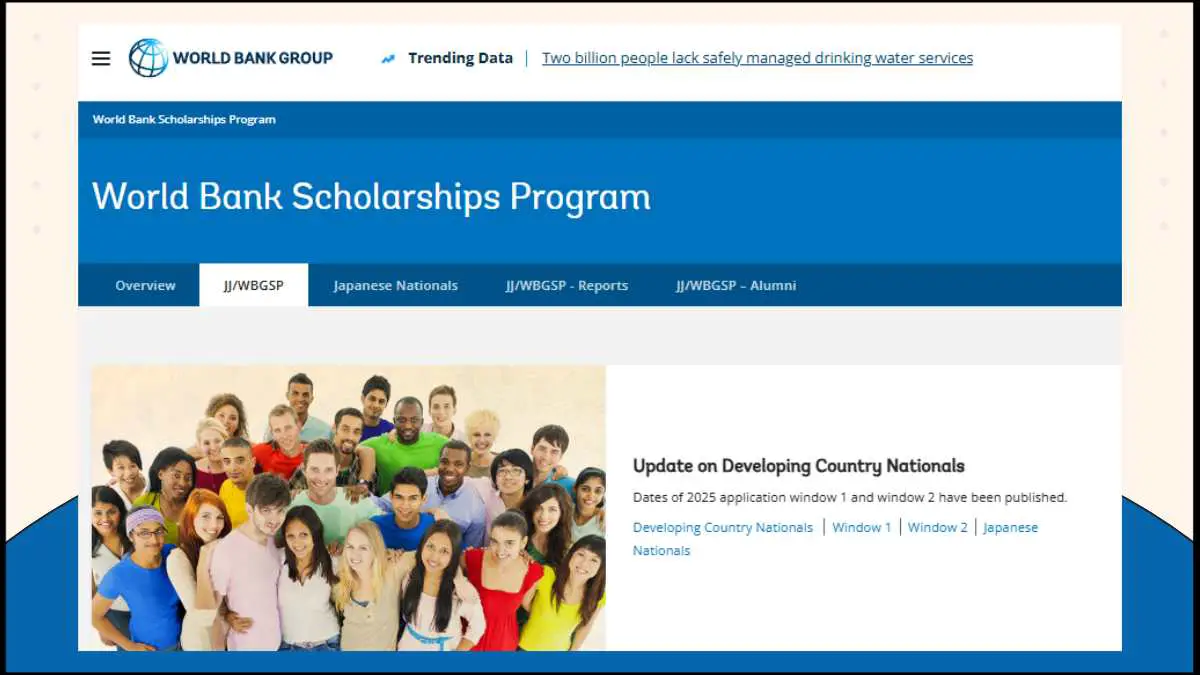


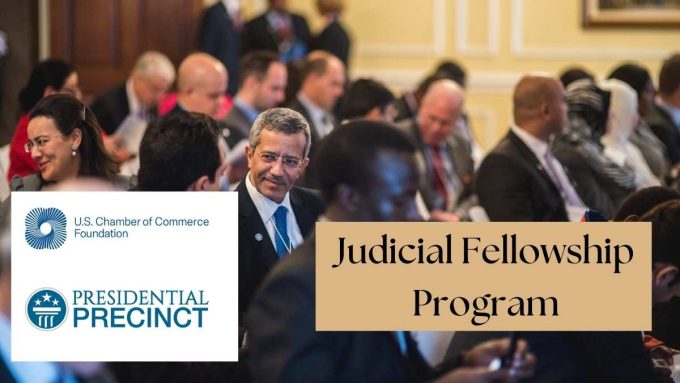


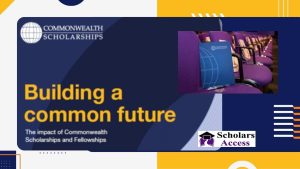
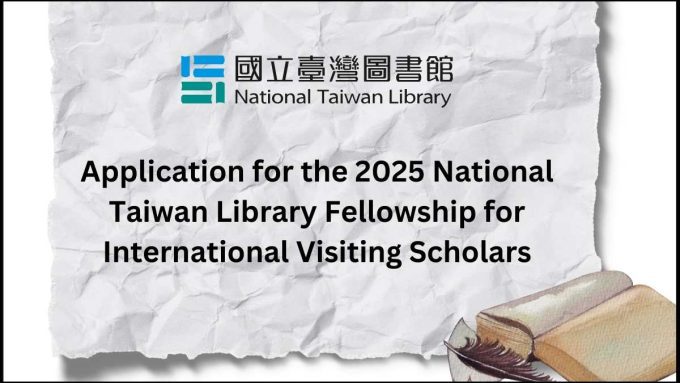

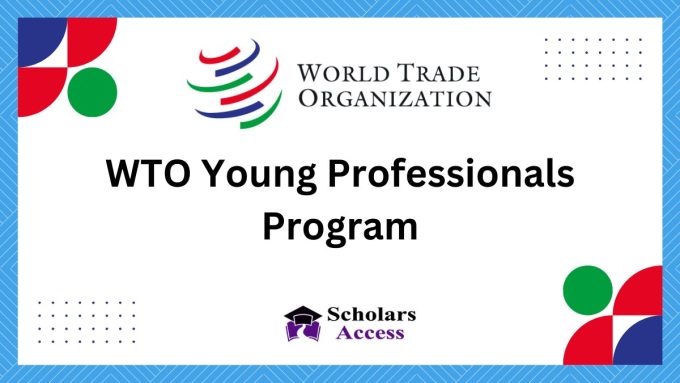
Leave a comment